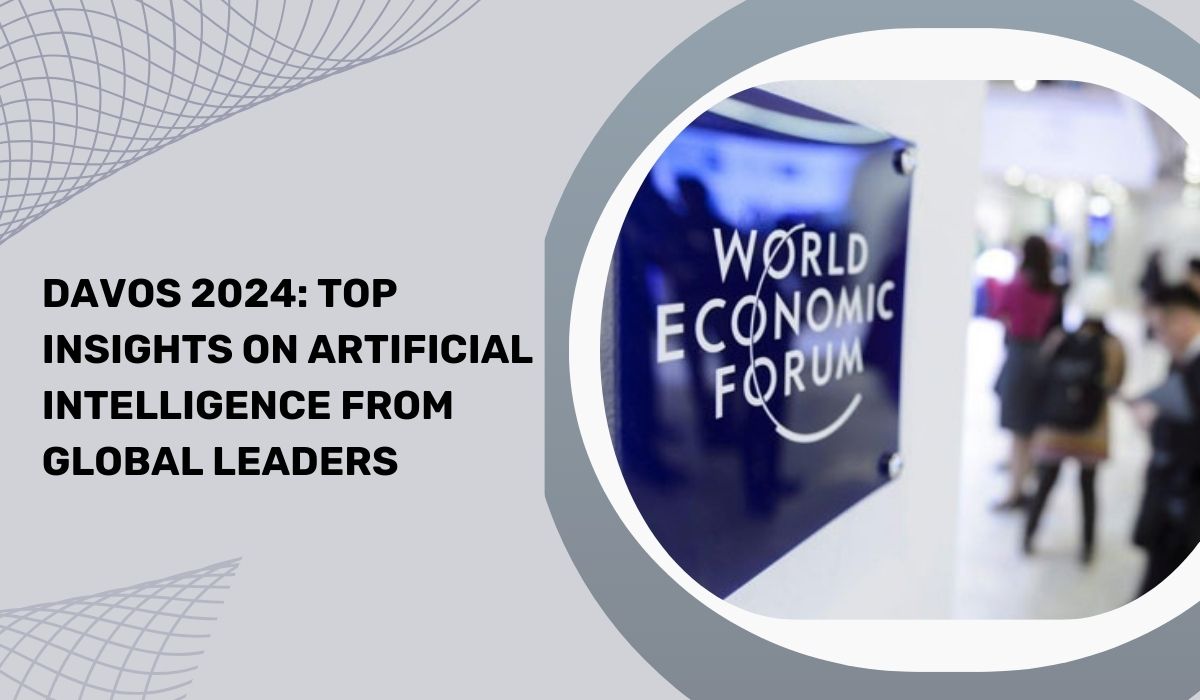
Davos, Switzerland, played host to the convergence of political and business elites from around the world this week as they convened for the annual World Economic Forum. Among the 2,800 participants were approximately 60 heads of state and 800 CEOs engaging in discussions ranging from climate change to economic challenges. One focal point of the event was the discourse on artificial intelligence (AI), with leaders sharing their perspectives on the future trajectory of this transformative technology.
Microsoft's CEO, Satya Nadella, emphasized a growing global consensus on AI, underscoring the need for new technology, regulatory guardrails, and norms to guide its deployment. Nadella proposed a collaborative approach that combines private innovation with a safety-first engineering mindset and robust regulation to amplify societal benefits while minimizing unintended consequences.OpenAI's CEO, Sam Altman, pointed out the significance of the societal question surrounding AI governance. He acknowledged the current limited capabilities of AI and the challenges of determining the values that should govern its development—a crucial aspect beyond the technical complexities.
Alphabet's CFO, Ruth Porat, highlighted the potential of AI as a great equalizer, emphasizing its capacity to address critical issues in healthcare and climate while contributing to sustainable development goals. Porat sees AI as a powerful force for positive change.Several CEOs expressed their views on the role of AI in India's future. IBM's CEO, Arvind Krishna, predicted that India, with its vast datasets, would be at the forefront of AI deployment, positioning the country as a significant beneficiary. Neal Mohan, CEO of YouTube, cautioned about the potential misuse of generative AI technology, emphasizing its impact on upcoming elections globally.
Marc Benioff, CEO of Salesforce and owner of Time magazine, drew attention to the ethical considerations surrounding AI, advocating for fair compensation for content creators. He highlighted the issue of stolen training data, urging AI companies to rectify the oversight and ensure fair remuneration. Accenture's CEO, Julie Sweet, emphasized the collaborative effort required for AI's impact on employment. Sweet highlighted the need for governments and companies to partner in reskilling initiatives, acknowledging that while AI will create new jobs, transitioning the current workforce will necessitate concerted efforts. The World Economic Forum at Davos thus provided a platform for thought leaders to share their insights on AI's future, acknowledging its potential while addressing critical ethical and societal considerations.